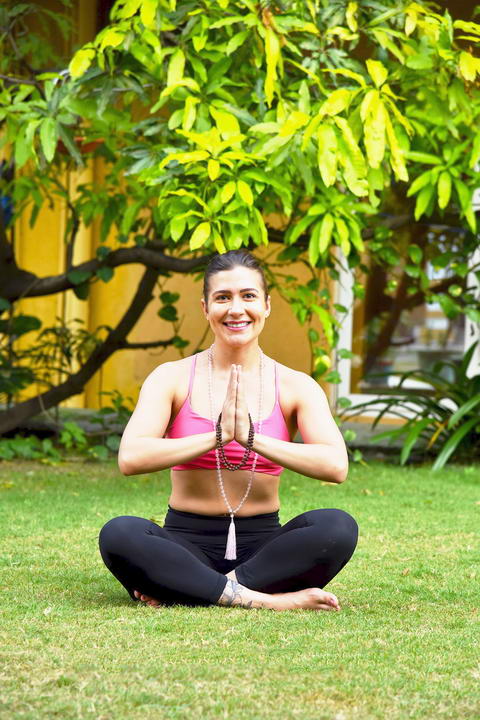Inner Peace: Exploring Vedic Insights for Tranquility and Harmony
The Vedic tradition, with its ancient wisdom and profound spiritual insights, offers a roadmap for attaining inner peace. Rooted in the rich tapestry of India’s spiritual heritage, Vedic teachings provide a holistic approach to harmonizing the mind, body, and soul. Let’s delve into the timeless principles and practices that guide us on the journey towards cultivating inner peace and serenity.
Explore Meditation Retreats & Wellness Retreats
Explore Yoga Retreats with Tejomaia.com

Practice Yoga and Meditation
Yoga and meditation are integral components of Vedic philosophy, facilitating the union of body, mind, and spirit. Through asanas (postures), pranayama (breath control), and meditation, individuals can calm the mind’s chatter and connect with their inner selves. These practices help to balance the energies within the body, fostering a sense of tranquility and self-awareness.
Inner Peace-Live in Harmony with Nature
Vedic wisdom emphasizes the interconnectedness of all life forms and the harmonious relationship between humans and nature. By living in alignment with natural rhythms and respecting the environment, individuals create a conducive environment for inner peace to flourish. Spending time in nature, practicing eco-friendly habits, and nurturing a sense of awe for the universe contribute to a peaceful state of mind.
Cultivate Sattva Guna (Purity and Balance)
According to Vedic philosophy, the three Gunas (qualities) of nature – Sattva (purity), Rajas (activity), and Tamas (inertia) – influence our mental states. Cultivating Sattva Guna through a balanced lifestyle, pure diet, and virtuous actions helps to create a calm and clear mind. A mind dominated by Sattva Guna is more receptive to inner peace and spiritual insights.
Explore Jnana Yoga (Path of Knowledge)
Jnana Yoga, the path of knowledge and wisdom, involves self-inquiry and contemplation to understand the nature of reality and the self. By studying sacred texts and engaging in philosophical discussions, individuals can gain insights that lead to self-realization and inner peace. This pursuit of knowledge expands our understanding and opens the door to a tranquil mind.
Inner Peace-Practice Pranayama (Breath Control)
The breath is a powerful tool for attaining inner peace. Pranayama, the practice of controlled breathing, helps regulate the mind’s fluctuations and enhances the flow of life force energy (Prana). By incorporating deep, rhythmic breathing techniques into your daily routine, you can calm the mind, reduce stress, and cultivate a peaceful state of being.
Embrace Ahimsa (Non-Violence) and Compassion
Ahimsa, a fundamental principle of Vedic philosophy, encourages non-violence in thoughts, words, and actions. By practicing compassion and empathy towards all living beings, we create an environment of harmony within ourselves. Embracing ahimsa promotes a sense of inner peace and aligns us with the universal values of love and unity.
Inner Peace-Chant Mantras and Sacred Sounds for
The Vedic tradition places great significance on the power of sound vibrations. Chanting mantras and reciting sacred sounds can have a transformative effect on the mind, promoting relaxation and inner peace. The repetition of these sounds creates a harmonious resonance that helps quiet the mind’s restlessness and connect with higher states of consciousness.

In the tapestry of Vedic wisdom, the journey towards inner peace weaves together practices that nurture self-awareness, harmony with nature, and spiritual insight. By embracing the timeless principles and techniques outlined in Vedic philosophy, individuals can unlock the door to a tranquil and harmonious inner world. This journey is not only a personal endeavor but a profound connection to the ancient wisdom that guides us towards a life of serenity, fulfillment, and self-realization.
Explore Meditation Retreats & Wellness Retreats
Explore Yoga Retreats with Tejomaia.com


